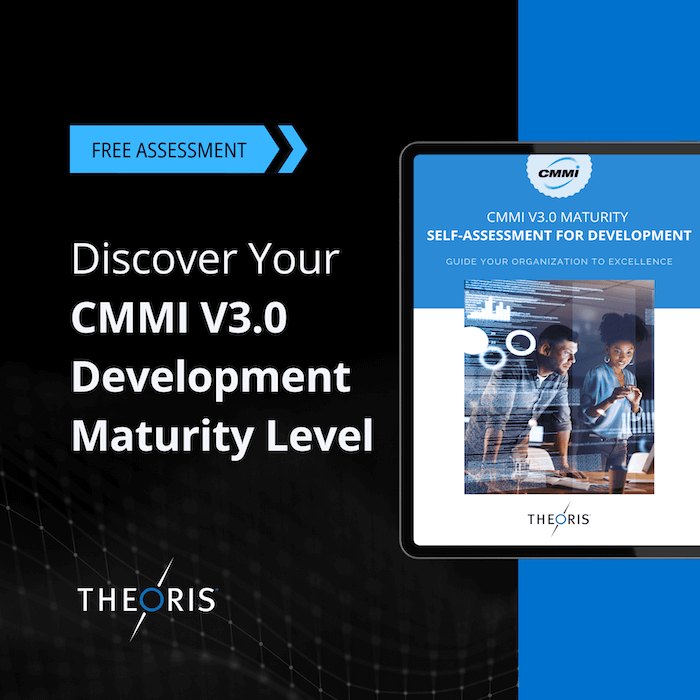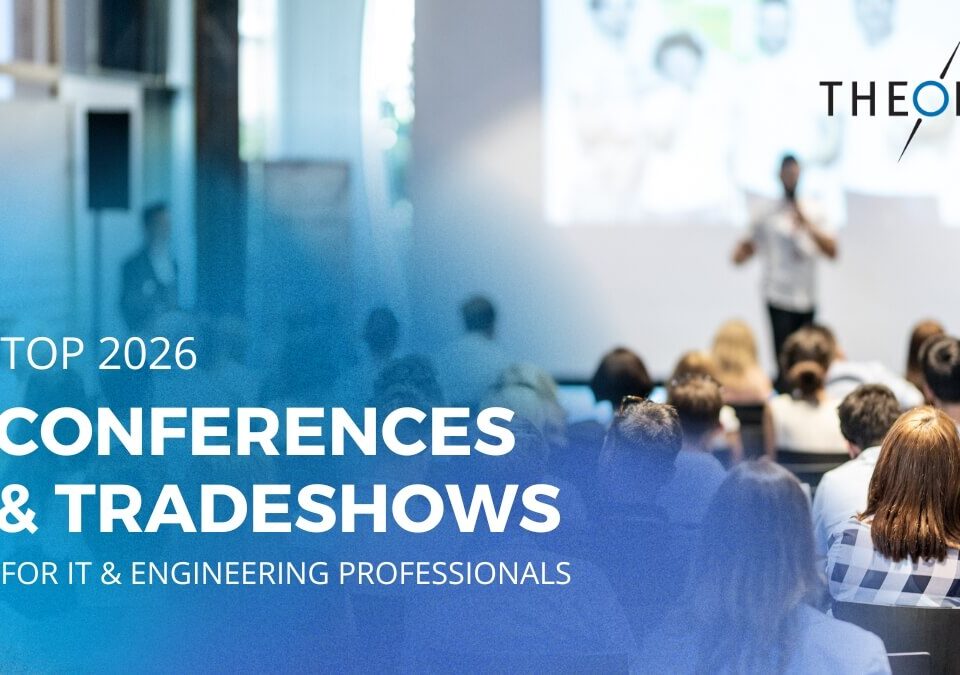Trust the Process

FDA QMSR Final Rule 2024: ISO 13485 Transition & Compliance Guide for Medical Device Manufacturers
August 12, 2025
Sticky Notes, Whiteboards, and Why We Still Crave Simple Interfaces
August 27, 2025The summary below is from a comprehensive article, “Trust the Process,” by Steve Kelly, Sr., CMMI Consultant and Change Management Practitioner at Theoris.
A Viewpoint for Growth
The phrase “Trust the Process” is widely recognized and frequently heard in various contexts, including sports, healthcare, financial organizations, manufacturing, business leadership, and many other fields. While it may initially appear to be a mere cliché, this phrase captures a more profound philosophy that can significantly aid in navigating life’s complexities and uncertainties. This exploration aims to delve into the profound significance of this catchphrase, seeking to unravel the rich layers of meaning it conveys. It will draw out the valuable insights and wisdom that can be assembled from it, particularly in the context of personal development and cultivating resilience in the face of life’s everyday challenges. Through this investigation, we hope to uncover transformative lessons that can empower individuals on their journeys toward growth and strength.
The main idea focuses on shifting attention from outcomes that cannot be controlled, such as final scores or completed projects, to the process of achieving those outcomes. It underscores the importance of methodology, consistent effort, and incremental learning. This perspective encourages individuals to trust the steps they take on their journey, even when the destination feels uncertain.
The principle of “Trust the Process” goes beyond simply accepting the situation; it involves active engagement and a deeper understanding of the journey. Personal growth is often complex and filled with challenges. Psychological barriers such as impatience, fear of uncertainty, and comparison to others can hinder progress. To overcome these obstacles, individuals can set clear intentions, break down goals into manageable steps, practice mindfulness to enhance self-awareness, and cultivate self-compassion. Additionally, seeking support from others is vital for overcoming challenges and building resilience.
Overcoming Challenges Along the Way
“Trust the Process” involves more than just blind faith; it requires an understanding of how both the process and its environment influence outcomes. Achieving true mastery requires a balance between commitment to a course of action and the ability to assess progress, incorporate feedback, and make necessary adjustments. This approach emphasizes the importance of strategic patience and ongoing awareness.
The goal is to enable individuals to utilize the process for meaningful growth. This mindset fosters resilience, patience, and adaptability, equipping us to tackle challenges with confidence and enthusiasm.
The phrase “Trust the Process” encourages individuals to engage in their journey of growth and achievement actively. It highlights the importance of embracing challenges and unpredictability, emphasizing that significant transformations occur throughout the development process, not just at the end goal.
Why “Trust the Process” Matters in Technology & Business Success
In the field of technology and process improvement, teams often face numerous challenges, particularly when involved in IT governance and strategy initiatives. These initiatives include frameworks and methodologies such as DevSecOps, ITIL, COBIT, TOGAF, Lean, CMMI maturity models, Prosci, and Scrum. Each of these approaches presents its own set of complexities, leading to common obstacles that teams encounter during their efforts to enhance efficiency and effectiveness. Recognizing and addressing these shared challenges can facilitate smoother implementation and better overall outcomes across various projects.
As we collaborate with various initiatives, it becomes clear that many clients face significant challenges. Often, they struggle with shifting priorities, which can create confusion about what is profoundly important. Additionally, unclear objectives can leave teams uncertain about their goals and how to achieve them effectively. Moreover, natural resistance to change—often stemming from fear of the unknown or established habits—can hinder progress. Together, these challenges can slow down momentum, leading to frustration and a sense of stagnation among team members.
“Trust the Process” Mindset
Here are some suggested steps and practices that embody “Trust the Process” when you are just starting:
1. Commit to the Methodology
- Learn the Rules: Before you can trust the process, you must understand it. Whether it is Scrum, Kanban, CMMI, Prosci, or something else, take the time to learn the core principles, roles, and rituals. Read books, take a course, or get guidance from an experienced practitioner.
- Avoid Mixing Methodologies Prematurely: In the beginning, do not try to “cherry-pick” various parts of various methodologies. For example, do not try to do “Scrum, but with no daily stand-ups.” This will weaken the framework and make it harder to realize its benefits fully.
2. Embrace the Initial Uncertainty
- Do not Expect a Perfect Plan: Unlike the Waterfall model, where you have a detailed plan from the start, iterative methodologies embrace the unknown. The first few weeks or sprints might feel chaotic because you are still discovering what needs to be done. Trust that this is a regular part of the process.
- Focus on Small, Incremental Progress: Instead of trying to build the entire product at once, focus on completing the smallest, most valuable tasks first. This provides a sense of accomplishment and builds momentum.
3. Follow the Rituals and Practices
- Participating in Every Meeting: Daily stand-ups, planning, and retrospectives are not just for show. They are the backbone of the process. Actively participate, ask questions, and be open with your team about what is going well and what is not.
- Use the Tools as Intended: If you are using a tool like Jira or Trello, use it consistently. Keep your tasks and boards updated. This visual representation of work is crucial for transparency, as it helps the team see what is happening immediately.
4. Prioritize Communication and Feedback
- Give and Receive Feedback Regularly: Trusting the process means trusting your team and stakeholders. Be open to feedback, whether it is from a customer or a teammate. The process is designed to incorporate this feedback to improve the final product.
- Stay Transparent: Do not hide problems or delays. The sooner you communicate a roadblock, the sooner your team can help you find a solution. This is where the daily stand-ups become invaluable.
5. Don’t Be Afraid to Fail
- View Failures as Learning Opportunities: The iterative nature of an Agile approach means you will make mistakes. The key is to view them not as failures, but as opportunities to gain experience and make adjustments. This is why retrospectives are so important—they provide a formal opportunity to reflect on what went wrong and how to improve.
- Be Patient with Results: You might not see meaningful results in the first few weeks. The process is a marathon, not a sprint. The initial phases are about building a foundation, and the real benefits of increased efficiency and quality will become more apparent over time.
6. Celebrate Small Wins
- Recognize and Acknowledge Progress: It is easy to get discouraged when you are still early in a long project. Take a moment to celebrate when a feature is completed, a bug is fixed, or a major roadblock is overcome. This helps build morale and reinforces your belief in the process.
“Trust the Process” when you are just starting means:
- Obtain leadership commitment and involvement early in the adoption of the methodology and processes.
- Accepting that you do not have all the answers.
- Following the prescribed steps and rituals even when they feel strange.
- Believing that consistent, small efforts will lead to a better outcome than a grand, inflexible plan.
- Staying open to change and feedback.
Unlock the Complete Article Now!
For those looking to deepen their understanding, a detailed article titled “Trust the Process,” authored by Steve Kelly, a Senior CMMI Consultant and Change Management Practitioner, is available. If you would like to obtain a free downloadable PDF copy of this informative article, please contact Theoris.

Written by:
Steve Kelly
Steve Kelly is an accomplished professional who has worked on multiple CMMI engagements and maturity levels. He has over 18 years of experience leading all aspects of global projects and transformative initiatives from inception to completion. Steve has utilized a variety of methodologies with over ten years of experience implementing effective organizational change management practices to deliver exceptional results. Steve also spent over four years as an Adjunct Professor teaching Project Management, Agile, Scrum, Business Analysis and IT Leadership courses. Steve is a certified Scrum Product Owner and a certified Prosci® – ADKAR Train-The-Trainer and enjoys partnering with or leading teams to achieve an organization’s vision and business objectives.





